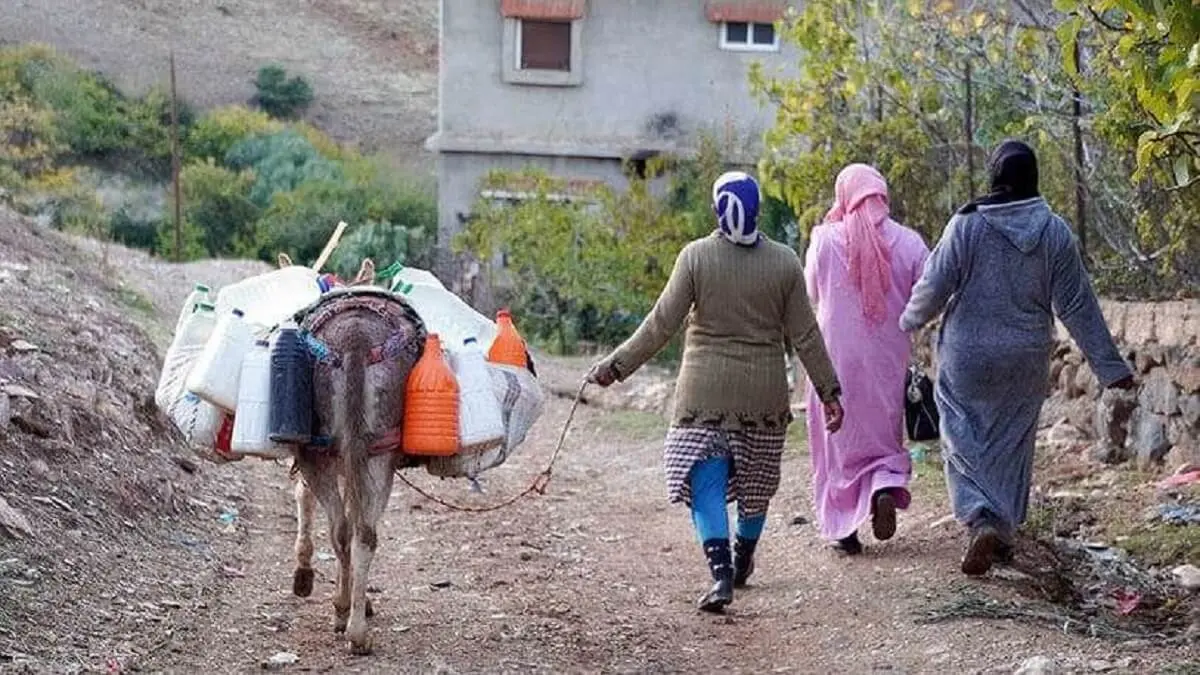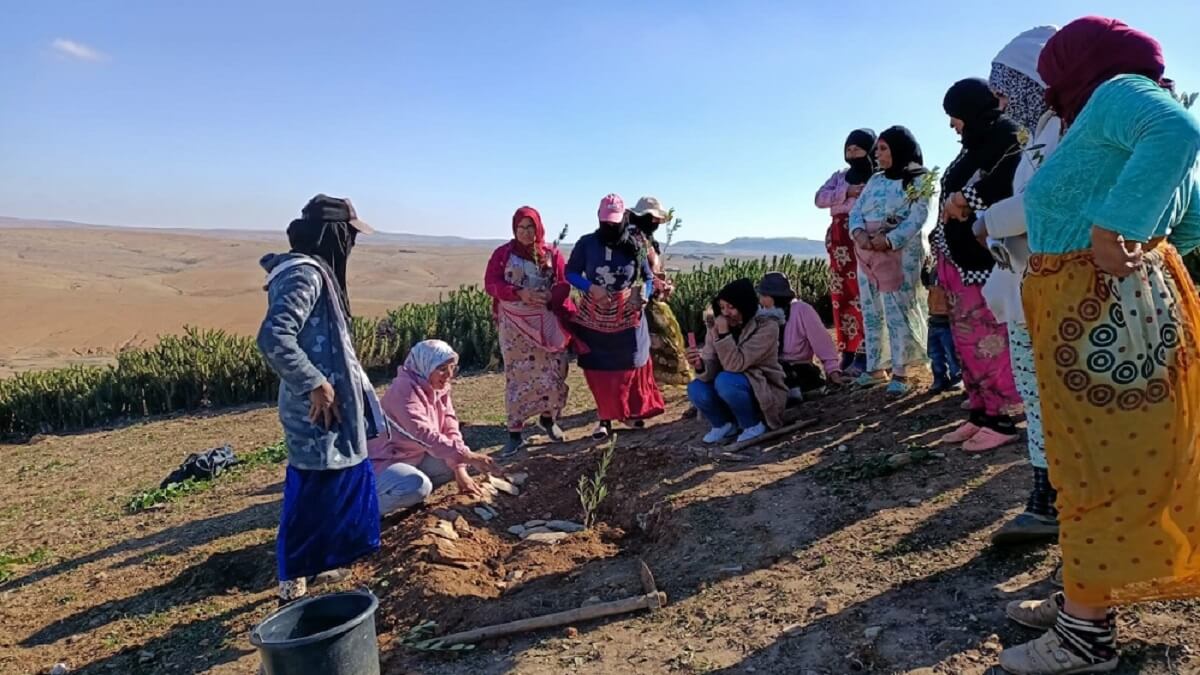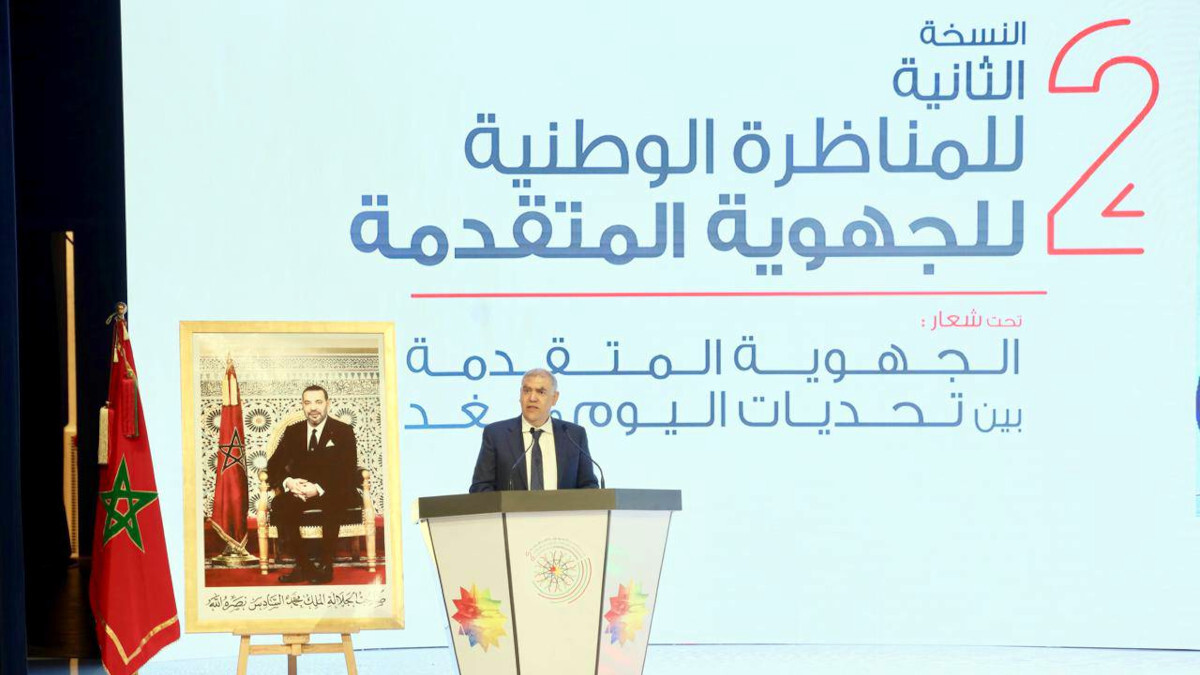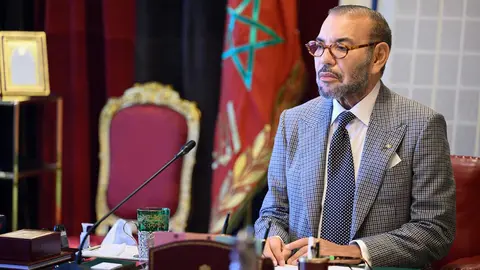Morocco promotes local development to reduce territorial disparities
The Moroccan Ministry of the Interior wants to launch new programs for integrated territorial development, following the instructions of King Mohammed VI, to reduce internal disparities and limit their electoral exploitation.

- Towards integrated territorial levelling
- A locally influenced approach
- Neutralisation against electoral exploitation
With the aim of promoting equitable territorial development in Morocco's twelve regions, Interior Minister Abdelouafi Laftit has urged governors and workers to develop a new generation of integrated local development programmes. These programmes seek to improve employment and basic social services, manage the water crisis, reduce internal disparities and tackle their electoral exploitation.
This initiative was outlined in the speech given by King Mohammed VI on 30 July, commemorating the start of his reign. The monarch proposed launching a new generation of integrated territorial development programmes that highlight local specificities, including maritime, forest, mountain and desert areas.
This process of advanced regionalisation remains a strategic undertaking based on the principles of complementarity and solidarity between territorial entities, with the aim of guaranteeing every citizen equitable access to the fruits of development.

Towards integrated territorial levelling
In line with these guidelines set out in the royal speech, the Moroccan Ministry of the Interior issued a statement on the methodology it will follow in the process of drawing up a new generation of development programmes.
Since the beginning of Mohammed VI's reign, one of the priorities has been to implement various reforms to improve the living conditions of citizens and reduce territorial disparities.
The aim is not only to highlight the socio-spatial inequalities resulting from ‘two-speed development’, but also to take the necessary measures in advance to put an end to the worsening poverty and precariousness, especially in inland areas.
This new project is being carried out in coordination with local stakeholders, promoting joint efforts to implement projects that have a real impact and focus on clearly defined priorities in order to achieve integrated territorial levelling. The project's objectives include:
- Promoting employment.
- Strengthening basic local services such as education and health.
- Preserving the dignity of citizens.
- Establishing territorial justice.
- Reducing territorial inequalities.
- Implementing proactive and sustainable water management.
The Ministry of the Interior's statement emphasises consultation with all the territorial actors involved, both at the level of the walis and the governors.
The same note highlights the specific socio-political context preceding the legislative elections of September 2026 and sets out the rules and prerequisites for ensuring political neutrality and the success of the reform, while ensuring that the new programmes are consistent with the new development model.

A locally influenced approach
In his speech at the end of July, King Mohammed VI highlighted ‘the continuing suffering of some regions, especially in rural areas, and the manifestations of poverty and fragility resulting from the weakness of basic infrastructure and facilities’.
The sovereign considered that this is a reality that does not coincide with the vision of the modern state or with the efforts made in the field of territorial justice, clarifying that ‘there is no place, either today or tomorrow, for Morocco to move forward at two speeds’.
This strategy requires a more specific and proactive approach to local development. Abdelouafi Laftit emphasised the royal directives to formulate a new generation of integrated territorial development programmes that value local specificities, advanced regionalisation and solidarity between territorial communities.
Despite the remarkable economic progress made by Morocco in recent years, some regions have not fully benefited, as their isolation has not been broken by improving roads and rural tracks, nor has the provision of health services been developed.
The Ministry of the Interior therefore wants to ensure that this development has a tangible local impact, through a series of consultations with all stakeholders to prepare these new development programmes.
Neutralisation against electoral exploitation
For the Minister of the Interior, these development programmes must provide very precise guidance to the population, based on a modern regional diagnosis of the level of development and the identification of needs. The aim is to pay particular attention to rural areas that still suffer from forms of poverty and fragility due to a lack of basic infrastructure and equipment.
Abdelouafi Laftit emphasised the need to neutralise development programmes from electoral exploitation, revealing an awareness of the problem of the politicisation of development, which is one of the vital rights of the population.
Laftit stressed the need to work towards maximum synergy between sectoral and regional programmes in order to improve living conditions, reduce internal disparities, increase the attractiveness and competitiveness of marginalised regions, improve human development indicators and create employment opportunities.

The purpose of the state is to control the limits of the relationship between development as a strategic function and politics as an electoral competition, because real projects must remain the property of the state and society, and not become electoral instruments in the hands of parties or individuals.
The new development programmes cover, in particular, increasing employment based on local economic potential and the specific characteristics of each region; creating a climate conducive to entrepreneurship and local investment; and creating employment opportunities, especially in the productive sectors.
In this vein, basic social services must also be strengthened, in particular by improving and strengthening the education and health sectors, guaranteeing the dignity of citizens, and affirming the importance of proactive and sustainable water resource management in light of the worsening water crisis and climate change.









